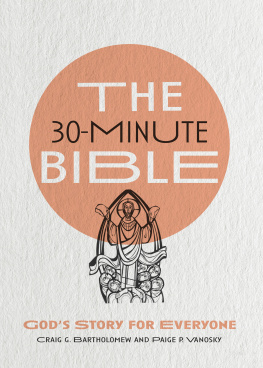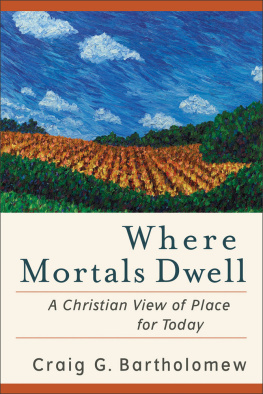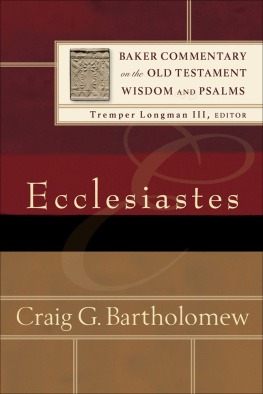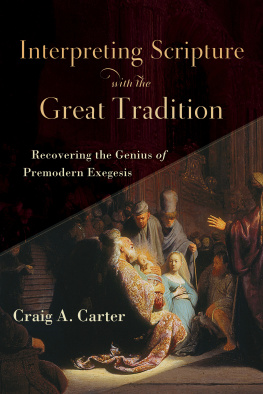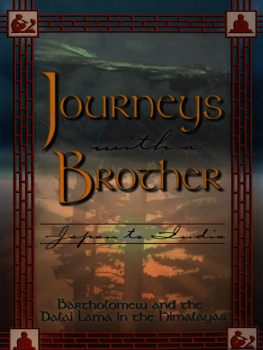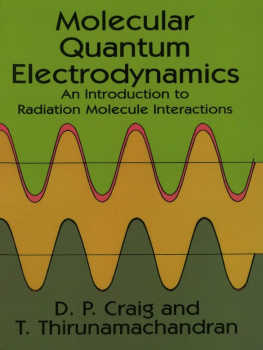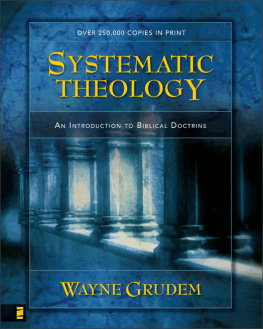Craig G. Bartholomew - Contours of the Kuyperian Tradition: A Systematic Introduction
Here you can read online Craig G. Bartholomew - Contours of the Kuyperian Tradition: A Systematic Introduction full text of the book (entire story) in english for free. Download pdf and epub, get meaning, cover and reviews about this ebook. year: 2017, publisher: InterVarsity Press / IVP Academic, genre: Religion. Description of the work, (preface) as well as reviews are available. Best literature library LitArk.com created for fans of good reading and offers a wide selection of genres:
Romance novel
Science fiction
Adventure
Detective
Science
History
Home and family
Prose
Art
Politics
Computer
Non-fiction
Religion
Business
Children
Humor
Choose a favorite category and find really read worthwhile books. Enjoy immersion in the world of imagination, feel the emotions of the characters or learn something new for yourself, make an fascinating discovery.

- Book:Contours of the Kuyperian Tradition: A Systematic Introduction
- Author:
- Publisher:InterVarsity Press / IVP Academic
- Genre:
- Year:2017
- Rating:4 / 5
- Favourites:Add to favourites
- Your mark:
- 80
- 1
- 2
- 3
- 4
- 5
Contours of the Kuyperian Tradition: A Systematic Introduction: summary, description and annotation
We offer to read an annotation, description, summary or preface (depends on what the author of the book "Contours of the Kuyperian Tradition: A Systematic Introduction" wrote himself). If you haven't found the necessary information about the book — write in the comments, we will try to find it.
Craig G. Bartholomew: author's other books
Who wrote Contours of the Kuyperian Tradition: A Systematic Introduction? Find out the surname, the name of the author of the book and a list of all author's works by series.
Contours of the Kuyperian Tradition: A Systematic Introduction — read online for free the complete book (whole text) full work
Below is the text of the book, divided by pages. System saving the place of the last page read, allows you to conveniently read the book "Contours of the Kuyperian Tradition: A Systematic Introduction" online for free, without having to search again every time where you left off. Put a bookmark, and you can go to the page where you finished reading at any time.
Font size:
Interval:
Bookmark:
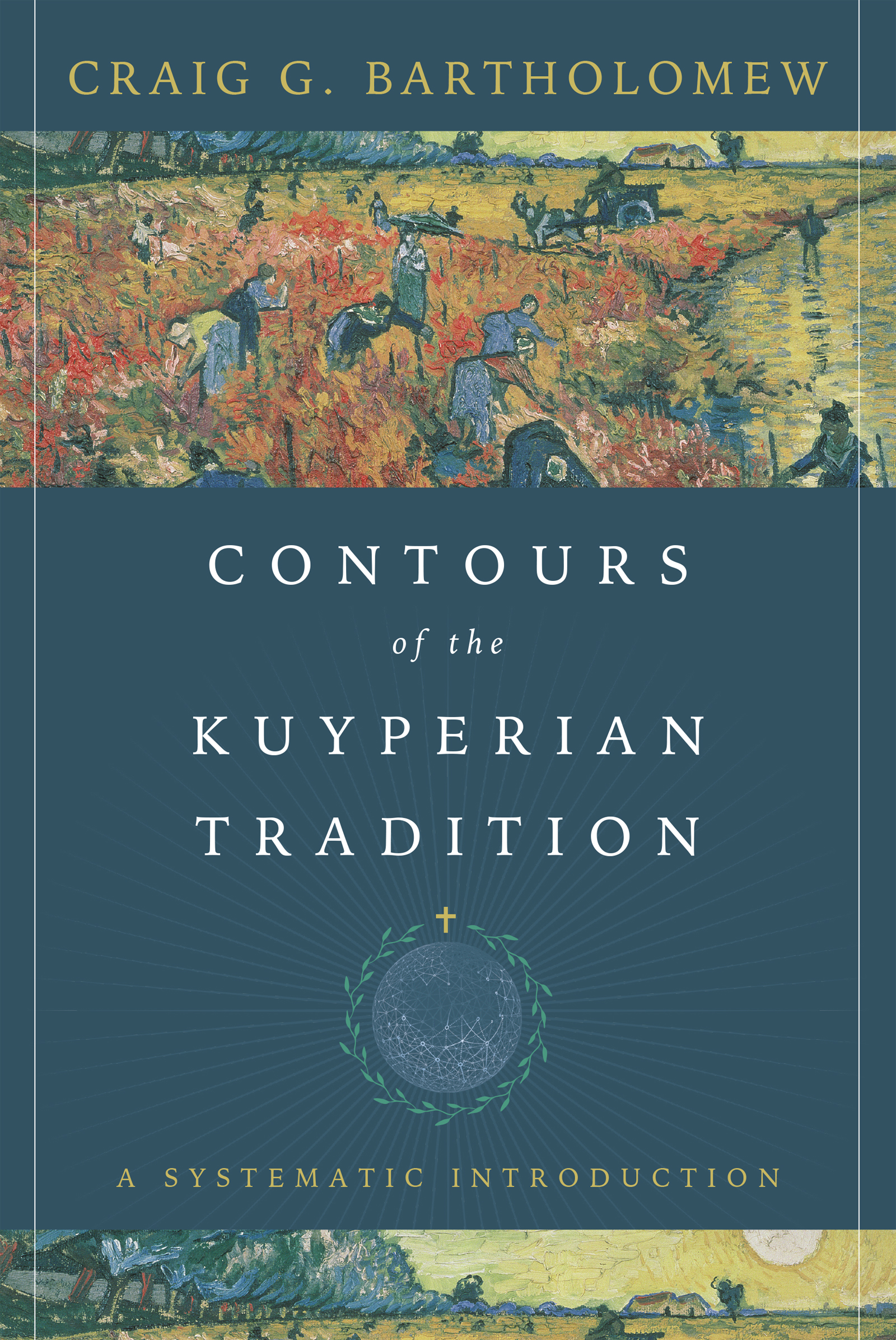
InterVarsity Press
P.O. Box 1400, Downers Grove, IL 60515-1426
ivpress.com
2017 by Craig G. Bartholomew
All rights reserved. No part of this book may be reproduced in any form without written permission from InterVarsity Press.
InterVarsity Pressis the book-publishing division of InterVarsity Christian Fellowship/USA, a movement of students and faculty active on campus at hundreds of universities, colleges, and schools of nursing in the United States of America, and a member movement of the International Fellowship of Evangelical Students. For information about local and regional activities, visit intervarsity.org.
All Scripture quotations, unless otherwise indicated, are taken from THE HOLY BIBLE, NEW INTERNATIONAL VERSION, NIVCopyright 1973, 1978, 1984, 2011 by Biblica, Inc.Used by permission. All rights reserved worldwide.
Cover design: David Fassett
Images: Red Vineyards at Arles: Red Vineyards at Arles by Vincent van Gogh at Pushkin Museum, Moscow, Russia/
Bridgeman Images
graphic globe: Ani_ka/iStockphoto
ISBN 978-0-8308-9160-3 (digital)
ISBN 978-0-8308-5158-4 (print)
Library of Congress Cataloging-in-Publication Data
Names: Bartholomew, Craig G., 1961- author.
Title: Contours of the Kuyperian tradition : a systematic introduction /
Craig G. Bartholomew.
Description: Downers Grove : InterVarsity Press, 2017. | Includes
bibliographical references and index.
Identifiers: LCCN 2016058924 (print) | LCCN 2017005323 (ebook) | ISBN
9780830851584 (hardcover : alk. paper) | ISBN 9780830891603 (eBook)
Subjects: LCSH: Kuyper, Abraham, 1837-1920.
Classification: LCC BX9479.K8 B37 2017 (print) | LCC BX9479.K8 (ebook) | DDC
284/.2092--dc23
LC record available at https://lccn.loc.gov/2016058924
To Gert and Istine Swart, sculptor and mathematician, good friends, and fellow pilgrims on that long obedience in the same direction.
John Bolt rightly asserts that Kuyper cannot be presented dispassionately; his spirit forbids it! Certainly this book is not a dispassionate presentation of Kuypers thought. Writing it has given me a unique opportunity to immerse myself in Kuyper himself, and I have emerged wildly passionate about his thought and its profound relevance for today. This is not to suggest that we should absolutize Kuyperhe would be the first to protest against such a movebut it is to argue that it would be greatly to our benefit to retrieve his thought for today.
George Marsden wrote some years ago about the relative triumph of Kuyperianism in North American evangelicalism. While this is true, I suspect that it is often a general view of Kuyper reduced to some of his influential insights.
In this book I aim to introduce readers in some depth to the contours of the Kuyperian tradition and their contemporary relevance. This is not an historical work, though some history is essential if we are to understand Kuyper in his context. The aim is rather to flesh out the great landmarks of his thought and that of his immediate colleagues. As I have worked away at this, I have been struck again and again by the genius of Kuyper, and this book will achieve its goal if readers are pushed to read Kuyper himself.
Richard Mouw commented to me that this is a Kuyperian moment in which we are living. This is true in more ways than one. At about the same time as this book is published, Lexham Press will be releasing what is close to the complete, major works of Kuyper in English. Acton Institute houses the Kuyper translation project, and I am deeply in debt to them, and to Mel Flikkema in particular, for making available to me via Dropbox translations while they were being done. Although I read Dutch, this made my task immeasurably easier. It also means that if this book excites you about Kuyper and his colleagues, as I hope it will, you have no excuse for not diving into Kuyper himself. Ad fontes is what I would strongly recommend!
Brannon Ellis of Lexham said to me that one wonders what Kuypers influence might have been if he had been English and had published all his vast corpus in English! Of course, we do not know. What is clear to me is that Kuypers time has come. Kuyper lived when the Enlightenment vision was taking hold all around him in Europe and in the Netherlands. We live at a time when that same project is unraveling, and religion is making a major comeback globally. I propose that in our fragile time the Kuyperian tradition holds resources for finding constructive ways forward that can defuse some of the major threats we face, renew the life of the church, and promote human flourishing.
In his remarkable book The Stillborn God: Religion, Politics, and the Modern West, Mark Lilla articulates the effect of the Enlightenment with a clarity with which Kuyper would concur:
By attacking Christian political theology and denying its legitimacy, the new philosophy simultaneously challenged the basic principles on which authority had been justified in most societies in history. That was the decisive break. The ambition of the new philosophy was to develop habits of thinking and talking about politics exclusively in human terms, without appeal to divine revelation or cosmological speculation. The hope was to wean Western societies from all political theology and cross to the other shore. What began as a thought-experiment became an experiment in living that we inherited. Now the long tradition of Christian political theology is forgotten, and with it memory of the age-old quest to bring the whole of human life under Gods authority.
Now, however, we are in an unforeseen situation in which the twilight of the idols has been postponed. During the twentieth and twenty-first centuries, religion has made a major comeback, and the West is badly unprepared to cope with such a situation. Groen van Prinsterer, Kuypers mentor, and Kuyper himself confront us again and again with the choice between the revolution (the Enlightenment tradition) and Christ. Comparably, Lilla says in The Stillborn God,
The story reconstructed here should remind us that the actual choice contemporary societies face is not between past and present, or between the West and the rest. It is between two grand traditions of thought, two ways of envisaging the human condition. We must be clear about those alternatives, choose between them, and live with the consequences of our choice. That is the human condition.
Kuyper could hardly have said it better!
Lilla notes that for most moderns, To think that the West could produce its own political theology, in a thoroughly modern vein, is surprising and unsettling. More unsettling still is the fact that these new political theologians produced original and challenging works not to be dismissed lightly. Kuyper was far more than a political theologian, but politics was central to his thought and life. And he embodied what Lilla refers to. Kuyper clung tenaciously to the heart of the Christian faith, but he was no antimodern. As much as he despised the revolution, he acknowledged the gifts it brought and the new historical situation it introduced. He was not reactive but proactive in seeking to contextualize the Christian tradition for the new situation in which it found itself. And his work is original and challenging, certainly not to be dismissed lightly.
Doubtless, staunch defenders of the Enlightenment tradition will find Lillas comments, let alone Kuypers thought, disturbing. At one level there is little to be done about that. However, Kuyper was also an apologist and sought to show again and again, in all spheres of life, how the Christian tradition offers a better way for all of us in all the dimensions of our lives. He was no theocrat but advocated a genuine pluralism within modern societies in which the state is responsible for creating the conditions for all to be free and to flourish. I often wonder what Kuyper would have thought of John Paul II. One thinks back to John Pauls becoming pope and to his early exhortation to his audience of thousands, indeed millions, to have no fear but to open our hearts wide to Christ. I hear Kuyper nodding Amen.
Font size:
Interval:
Bookmark:
Similar books «Contours of the Kuyperian Tradition: A Systematic Introduction»
Look at similar books to Contours of the Kuyperian Tradition: A Systematic Introduction. We have selected literature similar in name and meaning in the hope of providing readers with more options to find new, interesting, not yet read works.
Discussion, reviews of the book Contours of the Kuyperian Tradition: A Systematic Introduction and just readers' own opinions. Leave your comments, write what you think about the work, its meaning or the main characters. Specify what exactly you liked and what you didn't like, and why you think so.

